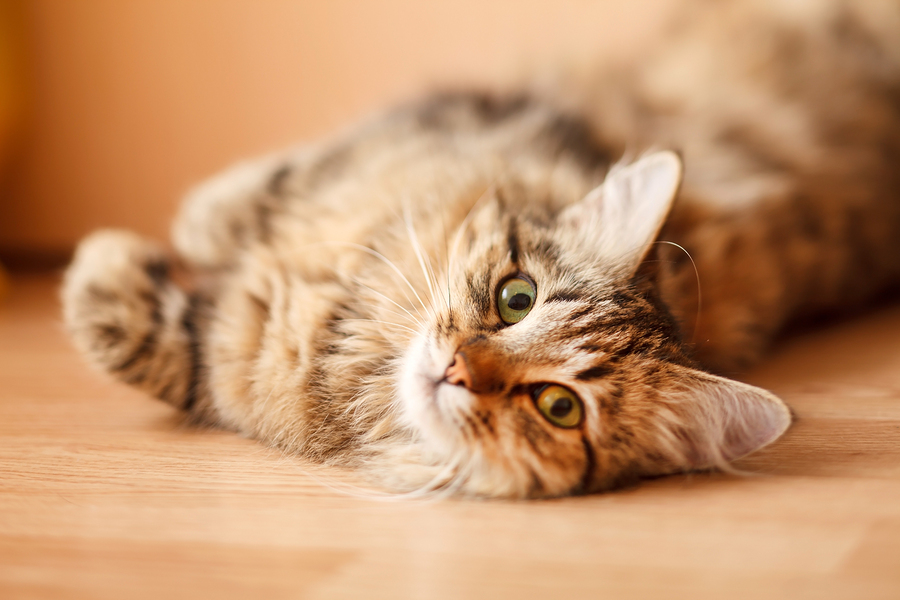A heartbroken reader found her young cat dead just moments after he’d seemed perfectly fine. What could have happened? Here’s what I told her.
Q: I found my 18-month-old cat dead. I had been playing with him just a few minutes earlier, and as far as I knew he was in good health. My veterinarian said he probably died from a heart condition called hypertrophic cardiomyopathy. What can you tell me about this disease, and how can I avoid it in a future cat?
A: I’m so sorry for your loss.
Unfortunately, HCM is the most common form of heart disease in cats, and there are few obvious signs. Some cats with HCM have a heart murmur, but that isn’t always a definite sign. Cats with HCM can go into congestive heart failure, develop an arterial thrombus — a clot lodged in an artery — or die suddenly.
Any cat, pedigreed or random-bred, can develop HCM. We don’t know what causes the disease, but Maine coon and ragdoll cats have a genetic mutation for it. A genetic test can identify cats in those breeds who carry the disease mutation. It is also seen in Cornish and Devon rexes, Norwegian forest cats, Persians, and sphynxes. Most commonly, cats with HCM are middle-aged males, but females can be affected, too, as can young cats.
Cats with HCM may not show signs of disease, especially in the early stages. Some become weak or collapse suddenly. Cats diagnosed with a heart murmur –an abnormal “whooshing” sound — abnormal lung sounds, or an irregular heart rhythm should be seen by a veterinary cardiologist for further screening with an echocardiogram.
Any time a cat seems unusually lethargic or has rapid or labored breathing, take him to the veterinarian immediately. He may have left-sided congestive heart failure associated with HCM. Cats with CHF can benefit from medications to slow the heart rate, help relax the heart’s pumping chambers and prevent fluid from building up in the lungs.
Read more, including the danger the sago palm plant poses to pets, in this week’s Pet Connection.


